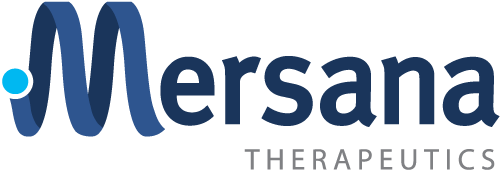The development of ADCs is not a one-size-fits-all approach. In fact, a number of diverse factors impact the properties of an ADC, including payload, drug-to-antibody ratio, site of conjugation and homogeneity. For each target antigen, there is an optimal combination of these factors. Our novel and highly differentiated platforms have allowed us to optimize these properties for a given target and develop ADCs that best address patient needs.
About ADCs
Traditional ADCs are a class of cancer biotherapeutics that combine the targeting capabilities of monoclonal antibodies with the cancer-killing ability of cytotoxic drug payloads. Antibodies and payloads are chemically linked, allowing specific drug delivery to cancer cells targeted by the antibody. After ADCs enter a cell, the conjugated payload is released and kills the cell. While ADCs are intended to target and kill tumor cells while leaving healthy cells unharmed, first-generation ADC platforms had several limitations that resulted in ADCs with narrow therapeutic windows and unacceptable toxicities for patients. Our ADC platforms incorporate additional features designed to minimize off-target toxicity and increase efficacy. In addition, we have developed an ADC platform to deliver immunostimulatory rather than cytotoxic payloads in order to elicit an innate immune response to tumors.
